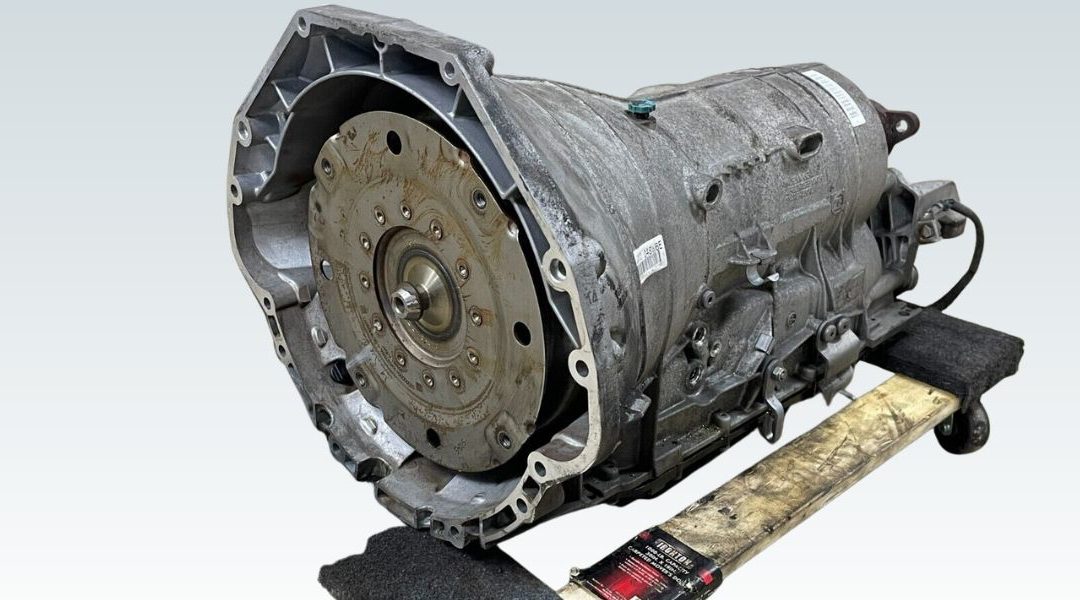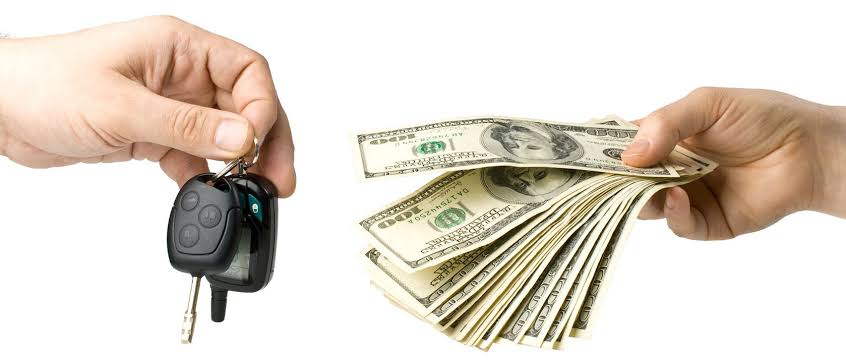In German engineering, the BMW E90 is considered a marvel. However, like any other vehicle, it can experience its fair share of problems, particularly with the gearbox.
This comprehensive guide overviews common BMW E90 gearbox problems, maintenance tips, and when to consider a replacement. Whether you’re a seasoned mechanic or a dedicated BMW owner wanting to keep your vehicle in tip-top shape, we’ve got you covered.
Dive in to learn more about how to keep your car running smoothly, and don’t forget to check out our guide on BMW warning lights to understand what your vehicle is telling you. If you’re facing issues with other parts of your BMW, you might find our articles on BMW 320d E90 turbo failure symptoms and BMW X5 E70 injector problems beneficial.
Moreover, we offer a range of BMW Spares to keep your ride in perfect condition.
BMW E90 Gearbox Problems
Manual Gearbox Problems
The manual gearbox in a BMW E90 may experience several issues. Let’s take a closer look at these problems and their potential causes:
- Difficulty in shifting gears: This problem could be due to worn synchros, which help synchronize the speeds of the input and output shafts when shifting gears. Worn synchros can make it challenging to engage the gears smoothly, leading to a grinding noise or difficulty moving. Replacing the synchros can resolve this issue.
- Noisy gearbox, especially in neutral: A noisy gearbox might result from worn bearings or gears. Bearings can wear out over time, causing excessive play and noise. Worn gears can create a whining or grinding noise. Replacing the worn components can reduce the noise and improve gearbox performance.
- Excessive vibration when engaging the clutch: Vibration during clutch engagement could indicate a damaged clutch, such as a worn clutch disc, pressure plate, or release bearing. It could also mean an issue with the flywheel or input shaft. Inspecting and repairing or replacing the damaged components can alleviate excessive vibration.
Regular maintenance and inspection can help prevent these issues and ensure smooth operation.
Automatic Gearbox Problems
Automatic BMW E90 gearboxes may encounter different problems. Let’s delve into these issues and their potential causes:
- Delayed gear engagement: This issue can occur when there’s low transmission fluid, which may be due to a leak or extended maintenance intervals. Low fluid levels can cause delayed gear engagement, as the transmission needs adequate fluid pressure to function correctly. Topping off or replacing the fluid and fixing leaks can resolve this issue.
- Harsh or erratic shifting: Harsh or unpredictable shifting could result from a malfunctioning valve body, which directs hydraulic fluid to the appropriate clutch packs and bands during gear changes. A faulty valve body can cause irregular fluid flow, leading to harsh or erratic shifting. Replacing or rebuilding the valve body can help address this problem.
- Slipping between gears: Slipping gears can be caused by low transmission fluid levels, worn clutch packs, or a failing torque converter. Inadequate fluid pressure or worn clutch packs can prevent the transmission from fully engaging the gears, leading to slippage. A failing torque converter can also cause slippage due to its inability to transfer engine power efficiently. Addressing these issues through fluid replacement, clutch pack replacement, or torque converter repair or replacement can resolve gear slipping.
Proper maintenance and timely repairs are crucial to avoid expensive repairs or replacements.
BMW E90 Gearbox Maintenance
Maintaining your BMW E90’s gearbox is essential to ensure optimal performance and prolong its lifespan. Here are some tips for gearbox maintenance:
- Regularly check and change the transmission fluid: Follow the manufacturer’s recommended fluid change intervals and use the appropriate fluid type for your vehicle. Regular fluid changes can prevent many transmission issues.
- Inspect the clutch and flywheel: If your vehicle has a manual transmission, inspect the clutch components and flywheel for wear or damage. Replace any worn or damaged parts to maintain smooth gear shifting and prevent vibration.
- Monitor for leaks: Look for any signs of leaks around the gearbox, particularly at seals and gaskets. Fixing leaks promptly can prevent low fluid levels, leading to gearbox issues.
- Perform regular visual inspections: Regularly inspect the gearbox components for signs of wear or damage. Addressing issues early can help prevent more severe and costly problems.
Following these maintenance tips can help ensure the smooth operation and longevity of your BMW E90’s gearbox.
Gearbox Oil Change for Automatic Transmission
For automatic transmissions, the process is slightly different. Following the manufacturer’s recommendations regarding fluid type and change intervals is essential. Here are the steps:
- Remove the transmission pan to access the filter.
- Replace the filter and clean the pan.
- Reinstall the pan with a new gasket.
- Fill the transmission with the recommended fluid through the dipstick tube or designated fill port. 5. Check the fluid level and adjust if necessary.
- Test drive the vehicle to ensure proper operation.
Gearbox Oil Capacity for 320i and 320d Models
The oil capacity for the gearbox varies depending on the specific model and type of transmission. Here are the general guidelines:
Manual Gearbox Oil Capacity
- BMW E90 320i (manual): Approximately 1.6 liters
- BMW E90 320d (manual): Approximately 1.9 liters
It’s essential to consult your owner’s manual for your vehicle’s exact capacity and recommended oil type.
BMW E90 Gearbox Replacement
Gearbox Price
The cost of a BMW E90 gearbox can vary significantly depending on whether you opt for a new, remanufactured, or used unit. Prices can range from R18,000 to R72,000 for a manual gearbox and from R36,000 to R90,000 for an automatic transmission. Labor costs for installation will also vary depending on your location and chosen mechanic.
Gearbox for Sale, Including Automatic and Manual Options
When looking for a replacement BMW gearbox for sale, consider contacting us for a quote. We will be happy to assist!
320i and 320d Automatic Gearbox for Sale
The automatic gearbox for the 320i and 320d models is the ZF 6HP19. When searching for a replacement, make sure to verify compatibility with your vehicle’s specific year and engine configuration.
BMW E90 Gearbox Reset
Automatic Gearbox Reset
Resetting the automatic gearbox can help improve its performance and resolve minor issues. Here’s a simple procedure to reset the transmission:
- Insert the key into the ignition and turn it to the “On” position without starting the engine.
- Press and hold the accelerator pedal for 30 seconds.
- Release the accelerator pedal and turn the ignition off.
- Wait for at least 2 minutes before starting the engine.
This process resets the gearbox’s adaptive learning settings, allowing it to relearn your driving habits and optimize its performance.
Reset Gearbox Procedure
For manual transmissions, there isn’t a specific reset procedure. However, if you’re experiencing issues with your manual gearbox, consider consulting a BMW specialist to diagnose and resolve the problem.
BMW E90 Gearbox Components
Gearbox Oil Cooler
The gearbox oil cooler is an essential component that helps regulate the temperature of the transmission fluid. It maintains optimal operating temperatures, preventing overheating and ensuring smooth gear changes. Regular maintenance of the oil cooler, including checking for leaks and cleaning the cooling fins, can help prolong the life of your gearbox.
Conclusion
Dealing with gearbox problems can be daunting, especially for those unfamiliar with the ins and outs of a BMW. However, armed with the right knowledge and resources, you can navigate this terrain confidently. Remember, preventative maintenance is key to prolonging the life of your vehicle.
Don’t miss our detailed guide on what dynamic drive is on a BMW, which can help enhance your driving experience. If you’re exploring options to get rid of your vehicle, our article on how much scrap yards pay for a car might be useful. If you’re dealing with other issues, our comprehensive breakdown of common BMW N62 engine problems can provide valuable insights.
At BM Scrapyard, we’re here to support your BMW journey every step of the way.
FAQs
- How often should I change the gearbox oil in my BMW E90? The recommended change interval varies depending on the type of transmission and driving conditions. Generally, changing the manual gearbox oil every 96,560 kilometers and the automatic transmission fluid every 64,374 to 96,560 kilometers is advised.
- Can I use any transmission fluid in my BMW E90? It’s crucial to use the recommended transmission fluid specified in your owner’s manual. Using the incorrect fluid can cause damage and negatively affect your gearbox’s performance.
- How can I tell if my BMW E90 gearbox is failing? Some common signs of a failing gearbox include difficulty in shifting gears, unusual noises, vibrations when engaging the clutch, slipping gears, or delayed gear engagement.
- Is it possible to convert my BMW E90 from a manual to an automatic transmission or vice versa? While it is technically possible to convert a manual transmission to an automatic or vice versa, the process is complicated, time-consuming, and expensive. It involves modifying the car’s wiring, drivetrain, and other components. It’s generally not recommended unless you have a strong understanding of automotive mechanics and are willing to invest a significant amount of time and money.
- Can I reset my BMW E90’s automatic gearbox by disconnecting the battery? Disconnecting the battery may reset some of the car’s electronic systems, but it’s not a reliable method for resetting the automatic gearbox. It’s better to follow the reset procedure described earlier in this article.


